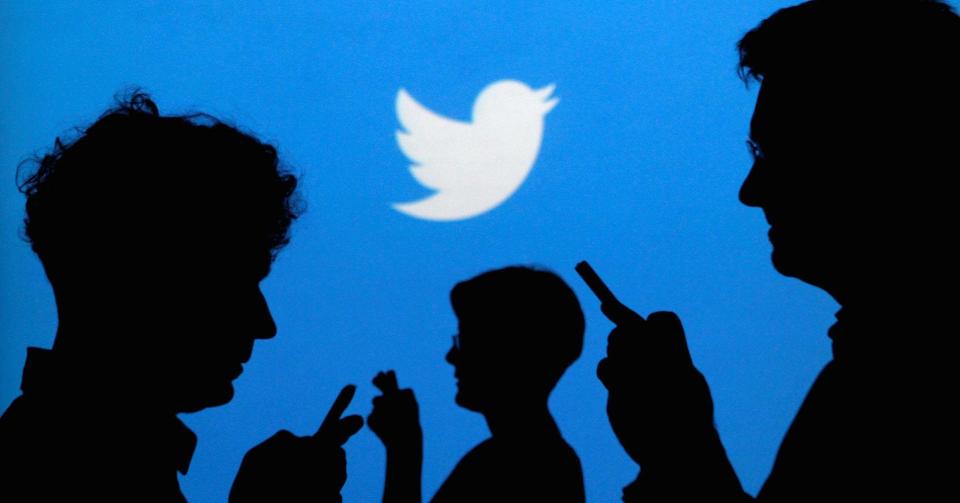Why Twitter, Facebook may make company call centers obsolete in a few years

If you're angry at a company for poor service and want results, forget email or a phone call. More than likely, your fastest way to get a response is through a social media post.
Facebook, Twitter, and Instagram—the same methods that help frustrated fliers communicate quickly with airlines about missed flights or lost luggage —are becoming ways to not just vent, but to communicate and get results from other businesses.
"Just about every kind of company has customers using social media and ratings and review sites to interact, punish or praise those brands" digital marketing expert and author of "Hug Your Haters: How to Embrace Complaints and Keep Your Customers,"Jay Baer told CNBC's "On the Money" recently.
Baer said actual tweets or Facebook posts that were legitimate calls for satisfaction compared to angry rants were "about 50/50. About half the time people contact businesses in social media, people expect a response. They are in fact using it as a replacement for the traditional telephone and email."
As it happens, customer expectations for a timely reply from Facebook or Twitter are fairly low.
According to Baer's research, customers expect a company response 91 percent of the time, compared to 89 percent of the time when a complaint is sent by phone or email. That drops to just 42 percent when the message is sent via social media. http://www.jaybaer.com/thehatrix/
Baer, however, said that lack of expectation is an opportunity for businesses.
"If you get a phone call or an email back, you're like, "'Eh, I expected that to happen,'" he said. "If you get a Tweet back, you're like, "'Wow, that was really terrific.'"
Baer added that by complaining and "not expecting a response and then you get one…has a huge impact."
He said retail, hospitality, restaurants, financial services and health care are among the industries adding social media teams or shifting workers away from traditional customer service "call center" roles.
So is it safe to broadcast your grievance on a social media channel? Baer suggested you "never…divulge any personally identifiable information in a public social media setting."
Baer said once you're having a social media interaction with the company, you can include any detail unique to your situation, "using the private messaging function that's available on each of those social platforms."
Email or dialing a hotline is still a preference for some, but may yield diminishing returns in a technology-centric world.
"You're welcome to continue to use the telephone and the email, but here's the thing: Technology never goes backwards," he added.
Baer cited the experience of his two high-school age children, both of whom have smart phones but "the one part of that device they never want to use is the phone. They text like crazy, they Snapchat, they Facebook, they Instagram, they Tweet, [but] they never use the phone," he said.
As a result, company call centers—a big feature of corporate client satisfaction – "are not going to be very busy" a few years from now. "All of this is going to shift to social media, whether we like it or not."
On the Money airs on CNBC Saturday at 5:30 am ET, or check listings for air times in local markets.
More From CNBC
Top News and Analysis
Latest News Video
Personal Finance

 Yahoo Finance
Yahoo Finance 
